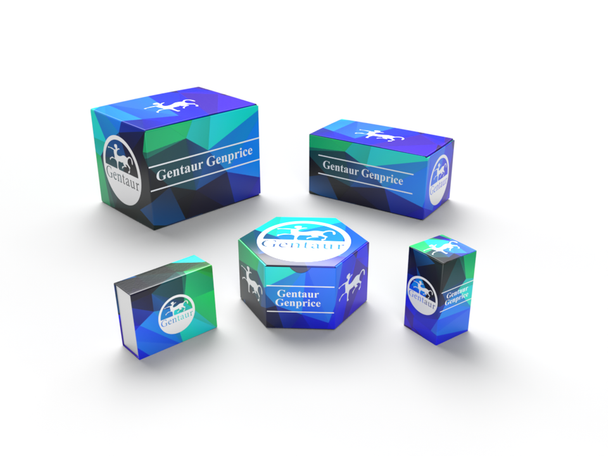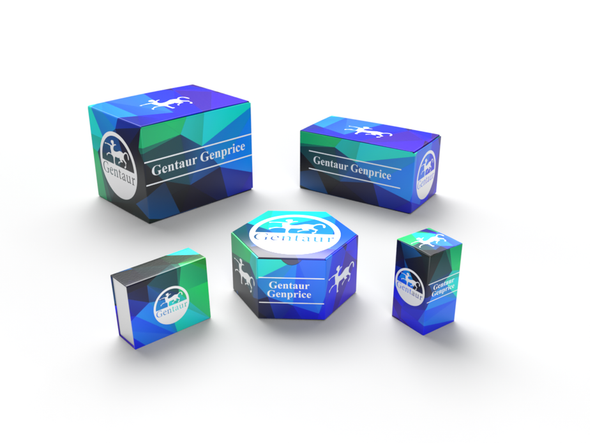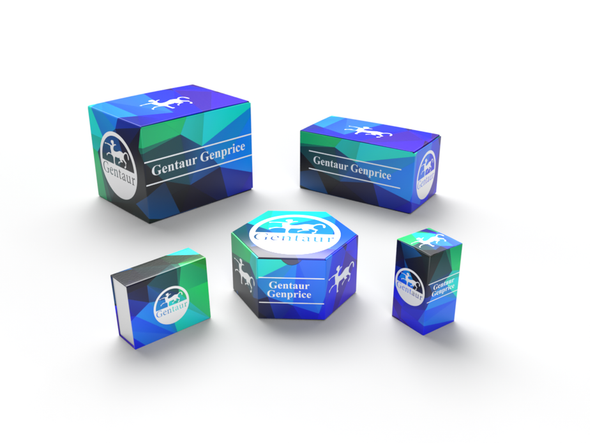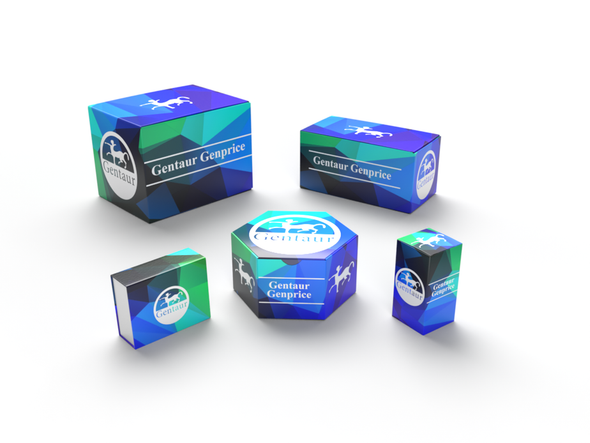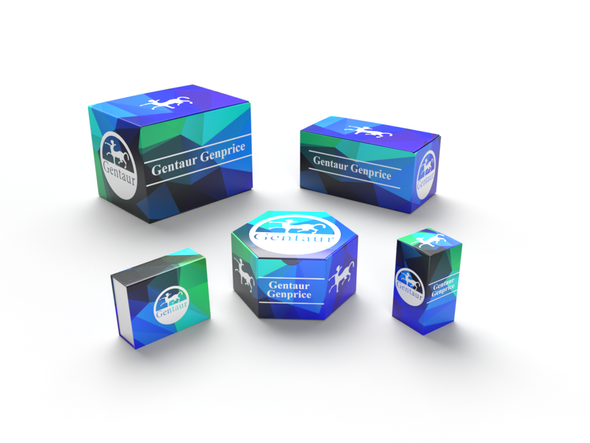Description
Rat Anti-Mouse Dectin-1 Antibody | 103-M370 | Gentaur UK, US & Europe Distribution
Species: Anti-Mouse
Host / biotech: Rat
Comment: N/A
Label: N/A
Clone / Antibody feature: (#9A44)
Subcategory: Monoclonal Antibody
Category: Antibody
Synonyms: Clec7a; BGR; beta-GR; Clecsf12
Isotype: IgG2b
Application: WB
Detection Range: N/A
Species Reactivity/Cross reactivity: Mouse
Antigen: Mouse recombinant protein Dectin-1
Description: Dectin1, also known as CLEC7A and the β-glucan receptor, is a 43 kDa type II transmembrane C-type lectin that functions in the innate immune response to fungal pathogens. Although Dectin1 resembles other CLEC molecules structurally, it binds ligands in a calciumindependent manner. Mature mouse Dectin1 is a 244 amino acid (aa) glycoprotein that consists of a short ITAMcontaining cytoplasmic tail, a transmembrane segment, and a stalk and carbohydrate recognition domain (CRD) in the extracellular domain. The CRD of mouse Dectin1 shares 61%, 60%, and 87% aa sequence identity with that of bovine, human, and rat Dectin1, respectively. It shares 25% 34% aa sequence identity with the CRD of other subgroup members CLEC1, CLEC2, CLEC9A, CLEC12B, LOX1, and MICL. Mouse Dectin1 is alternately spliced, generating a variant that lacks the stalk region. Mouse Dectin1 is expressed on monocytes, macrophages, and neutrophils, and on some populations of dendritic cells and T cells. It is upregulated on macrophages by GM-CSF, IL4, or IL13 and downregulated by dexamethasone, IL10, or LPS. The CRD selectively binds βglucan polymers, a major component of yeast and mycobacterial cell walls. Yeast βglucan is accessible to Dectin1 only at sites of cell budding, and Dectin1 does not recognize the filamentous form of yeast. Dectin1 mediates the phagocytosis of zymosan particles and intact yeast. It colocalizes with TLR2 in the presence of zymosan, and the two receptors cooperate in ligand recognition and the propagation of proinflammatory signaling. Dectin1 interaction with the tetraspanin CD37 increases its stability on the cell membrane and inhibits ligandinduced signaling. Genetic knockout of Dectin1 in mice increases their susceptibility to pathogenic infection.
Purity Confirmation: N/A
Endotoxin: N/A
Formulation: lyophilized
Storage Handling Stability: Lyophilized samples are stable for 2 years from date of receipt when stored at -20°C. Reconstituted antibody can be aliquoted and stored frozen at < -20°C for at least six months without detectable loss of activity.
Reconstituation: Centrifuge vial prior to opening. Reconstitute the antibody with 500 µl sterile PBS and the final concentration is 200 µg/ml.
Molecular Weight: N/A
Lenght (aa): N/A
Protein Sequence: N/A
NCBI Gene ID: 56644

